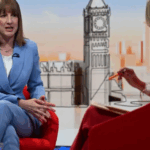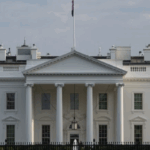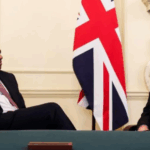WhatsApp is introducing three new advertising features across its global user base in a move that signals Meta’s growing ambitions to monetise the messaging platform. However, the company insists that users’ private messages will remain off-limits and unaffected by the changes.
The newly announced ad formats will not appear in personal chats or use encrypted message content for targeting. Instead, WhatsApp will rely on non-sensitive data such as a user’s country, city, language preferences, followed channels, and previous ad interactions to tailor suggested content.
Users who have linked their WhatsApp accounts to Facebook or Instagram will receive more personalised ad recommendations. All ads will appear in the ‘Updates’ tab — a separate section of the app where users already view statuses, channels, and other public content.
According to WhatsApp, the platform now serves 1.5 billion users globally. Businesses with active channels will be able to promote their content within this Updates section, aiming to attract new followers or subscribers. Companies can also choose to offer premium content behind a subscription paywall, with WhatsApp eventually taking a 10% commission from the revenue. Additional charges may also apply through app stores, depending on the scale of the business.
Another format being introduced is the “status ad,” similar to Instagram Stories, which can link directly to initiate a chat between a customer and the business.
Meta’s broader vision, analysts say, is to gradually transform WhatsApp from a purely messaging platform into a revenue-generating ecosystem — while walking a fine line to preserve user trust.
“Meta is laying the foundation for WhatsApp to finally become a monetisable platform at scale,” said social media analyst Matt Navarra. “But if the app becomes too noisy or starts to feel too much like Facebook, backlash is inevitable, especially in markets like the UK and EU where WhatsApp is seen purely as a messaging tool.”
WhatsApp chief Will Cathcart defended the changes, calling them a “natural extension” of the messaging experience and comparable to features on other platforms like Telegram and Snapchat. “We now have a way for businesses to promote themselves across both Instagram and WhatsApp, and we think that’s a good thing,” he said.
Cathcart also responded to criticism about the recent addition of an unremovable button for Meta AI within the app. He acknowledged that while users cannot disable certain elements such as the Channels, Updates, or Calls buttons, WhatsApp would listen to feedback. “We also don’t want a service that has too many settings — that’s complexity too,” he said.
Importantly, Cathcart reiterated that messaging-only users will not be shown ads. “If you’re only using WhatsApp for messaging, you’re not going to see this,” he assured.
As Meta rolls out these features globally, the company is betting that its slow integration of ads — without interfering with private messaging — will avoid the kind of backlash that could threaten the app’s trusted reputation.

















